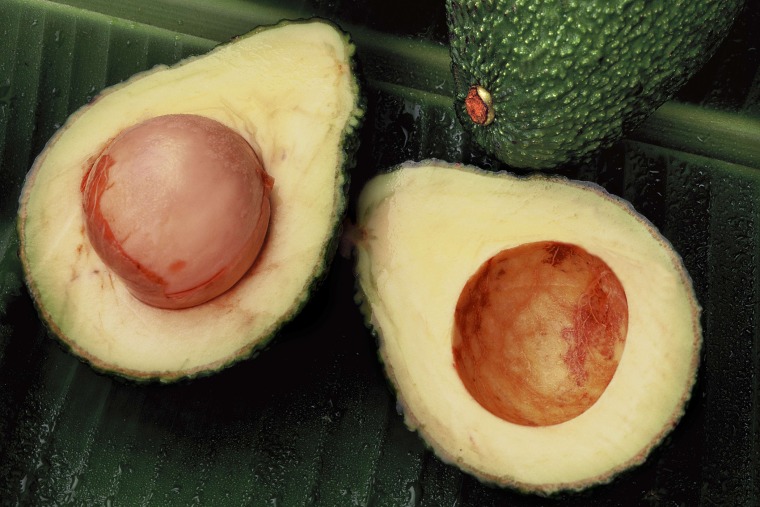Because the science of healthy eating has changed since the Food and Drug Administration wrote the current guidelines in the 1990s. Believe it or not, none of those foods would be considered "healthy" under the FDA's current guidelines.
"We used to believe that sugary cereals were fine, as long as they were fortified with vitamins and minerals," Katherine Tallmadge, a nutritionist, told NBC News. "Now we want people to eat the whole food — whole grains."
Under the old rules, "healthy" foods must meet give government criteria on fat, saturated fat, sodium, cholesterol and nutrients.
Congress is also urging the FDA to update what is and is not healthy.
Now the FDA is beginning the process of redefining what "healthy" means.
"Consumers want to make informed food choices and it is the FDA's responsibility to help them by ensuring labels provide accurate and reliable nutrition information. In light of evolving nutrition research, forthcoming Nutrition Facts Labeling final rules, and a citizen petition, we believe now is an opportune time to reevaluate regulations concerning nutrient content claims, generally, including the term 'healthy.' We plan to solicit public comment on these issues in the near future," the FDA stated.
RELATED: Congress takes discouraging turn on school lunches
For years, the FDA has been under pressure to define what a "natural" food is.
"People have a very hard time processing a lot of information. The simpler we can make it, the more we can make it you know very easy and accessible for the consumer, the more it actually ends up doing some good and impacting what people choose," said Professor David Just, a food economist at Cornell University.
Consumer Reports says 73 percent of shoppers look for the word "natural"—believing it means no artificial ingredients, chemicals, pesticides or genetically modified organisms (GMOs).
But, in fact, there is no universal definition or regulation for the word "natural."
"And with no standards and no verification in place, that label can pretty much mean what any manufacturer or company wants it to mean," said Urvashi Rangan a Consumer Reports researcher.
This story originally appeared on NBCNews.com.
